The Book List
Best books . . . chosen by Thomas Mallon
A free daily email with the biggest news stories of the day – and the best features from TheWeek.com
You are now subscribed
Your newsletter sign-up was successful
Novelist and critic Thomas Mallon is the author of Henry and Clara, Dewey Defeats Truman, and Bandbox. His latest novel, Fellow Travelers, is set in McCarthy-era Washington, D.C.
The Diary of Samuel Pepys (Modern Library, $20). Ludicrously enjoyable. A decade-long (1660–1669) 10-course feast of ambition, success, marital contentment, extramarital groping, fire, and plague. Arguably the first full-blown diary in English—a prototype that reached perfection without even trying.
Vanity Fair by William Makepeace Thackeray (Bantam, $7). Its subtitle is “A Novel Without a Hero.” But what a heroine—and what a narrator. One of the most cynical and entertaining novels ever written. At its center, Miss Rebecca Sharp, who “had the dismal precocity of poverty . . . she had been a woman since she was 8 years old.” In the first chapter she flings Johnson’s Dictionary from the window of a carriage; in the 66 that follow she rewrites every existing definition of moral behavior.
The Week
Escape your echo chamber. Get the facts behind the news, plus analysis from multiple perspectives.

Sign up for The Week's Free Newsletters
From our morning news briefing to a weekly Good News Newsletter, get the best of The Week delivered directly to your inbox.
From our morning news briefing to a weekly Good News Newsletter, get the best of The Week delivered directly to your inbox.
The Collected Poems of Wilfred Owen (New Directions, $13). What Keats would have produced had life substituted poison gas and hand grenades for urns and nightingales. Owen’s stirring combination of lyric and narrative, of gentleness and brutality, still has the power to harrow the emotions.
Alice Adams by Booth Tarkington (Classic, $13). A near-great book by a mediocre artist and as such something of a mystery as to how it even exists. A heartbreaking story of mid-American pretension and embarrassment—Balzac comes to Indiana.
On the Contrary: Articles of Belief, 1946–1961 by Mary McCarthy (out of print). Out of print? A scandal! The book that made me want to become a writer. A collection of literary criticism, political commentary, travel writing, and memoir by the most intelligent and astringent writer in post–World War II America.
The Right Stuff by Tom Wolfe (Bantam, $16). Perhaps more exclamatory than unfailingly accurate, but no book will ever capture the outsize personalities of the early Space Age better than this one. Only two of the seven original Mercury astronauts are still alive, and more than 30 years have passed since we came home from the moon that Project Mercury began to reach for.
A free daily email with the biggest news stories of the day – and the best features from TheWeek.com
-
 What is the endgame in the DHS shutdown?
What is the endgame in the DHS shutdown?Today’s Big Question Democrats want to rein in ICE’s immigration crackdown
-
 ‘Poor time management isn’t just an inconvenience’
‘Poor time management isn’t just an inconvenience’Instant Opinion Opinion, comment and editorials of the day
-
 Bad Bunny’s Super Bowl: A win for unity
Bad Bunny’s Super Bowl: A win for unityFeature The global superstar's halftime show was a celebration for everyone to enjoy
-
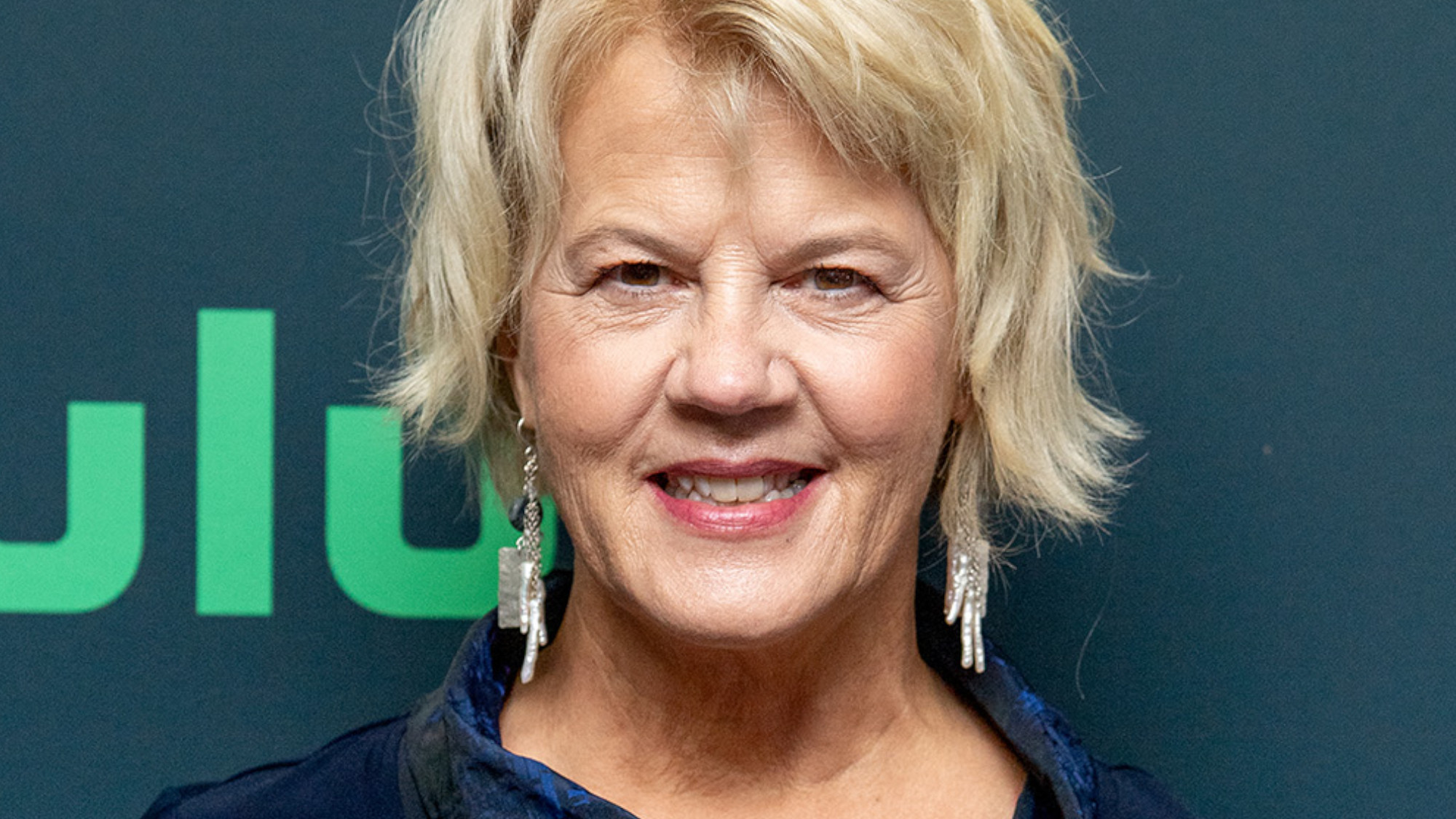 Beth Macy’s 6 favorite books about living in a divided nation
Beth Macy’s 6 favorite books about living in a divided nationFeature The journalist recommends works by Nicholas Buccola, Matthew Desmond, and more
-
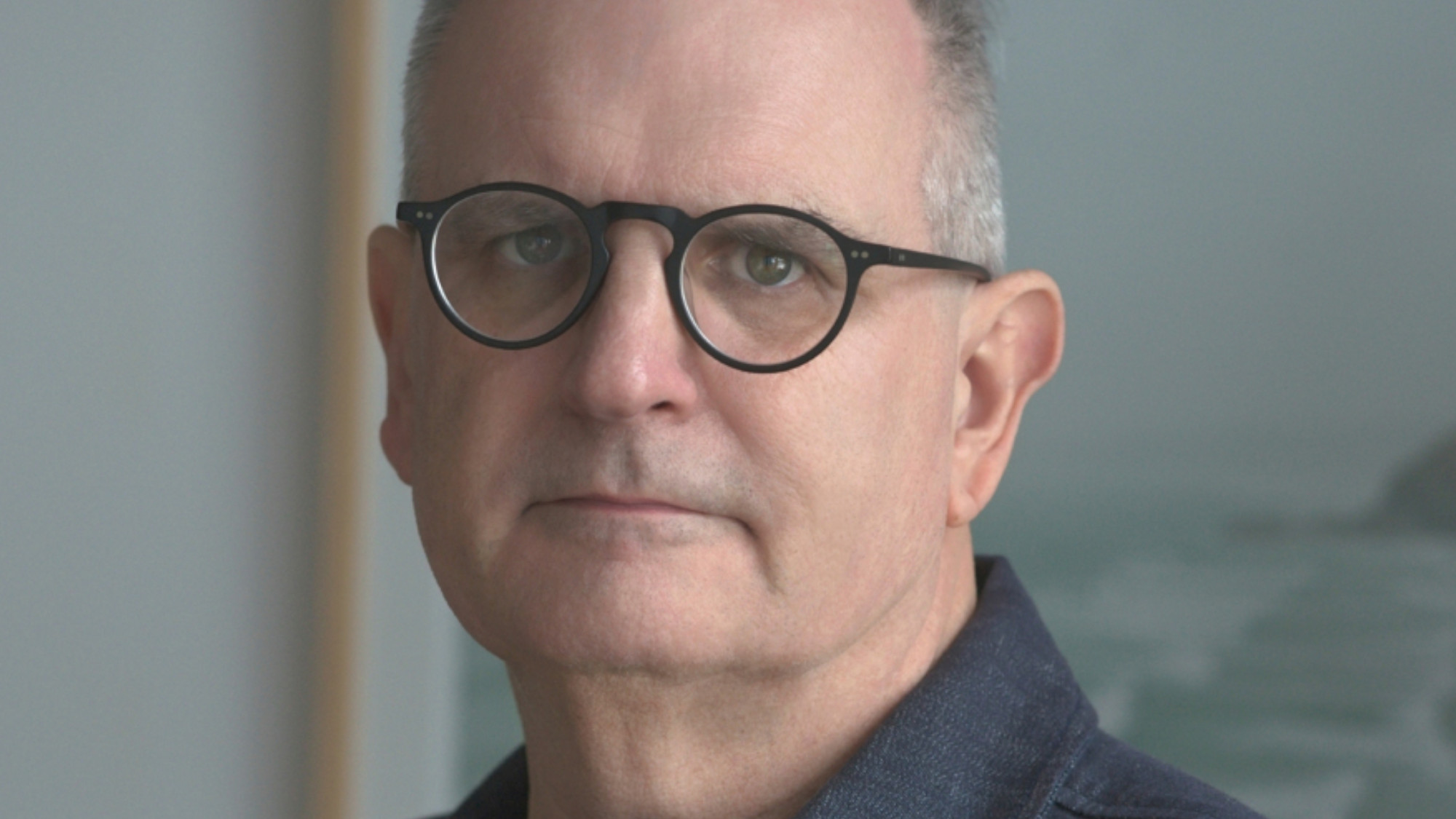 Gilbert King’s 6 favorite books about the search for justice
Gilbert King’s 6 favorite books about the search for justiceFeature The journalist recommends works by Bryan Stevenson, David Grann, and more
-
 Nathan Harris’ 6 favorite books that turn adventures into revelations
Nathan Harris’ 6 favorite books that turn adventures into revelationsFeature The author recommends works by Kazuo Ishiguro, Ian McGuire, and more
-
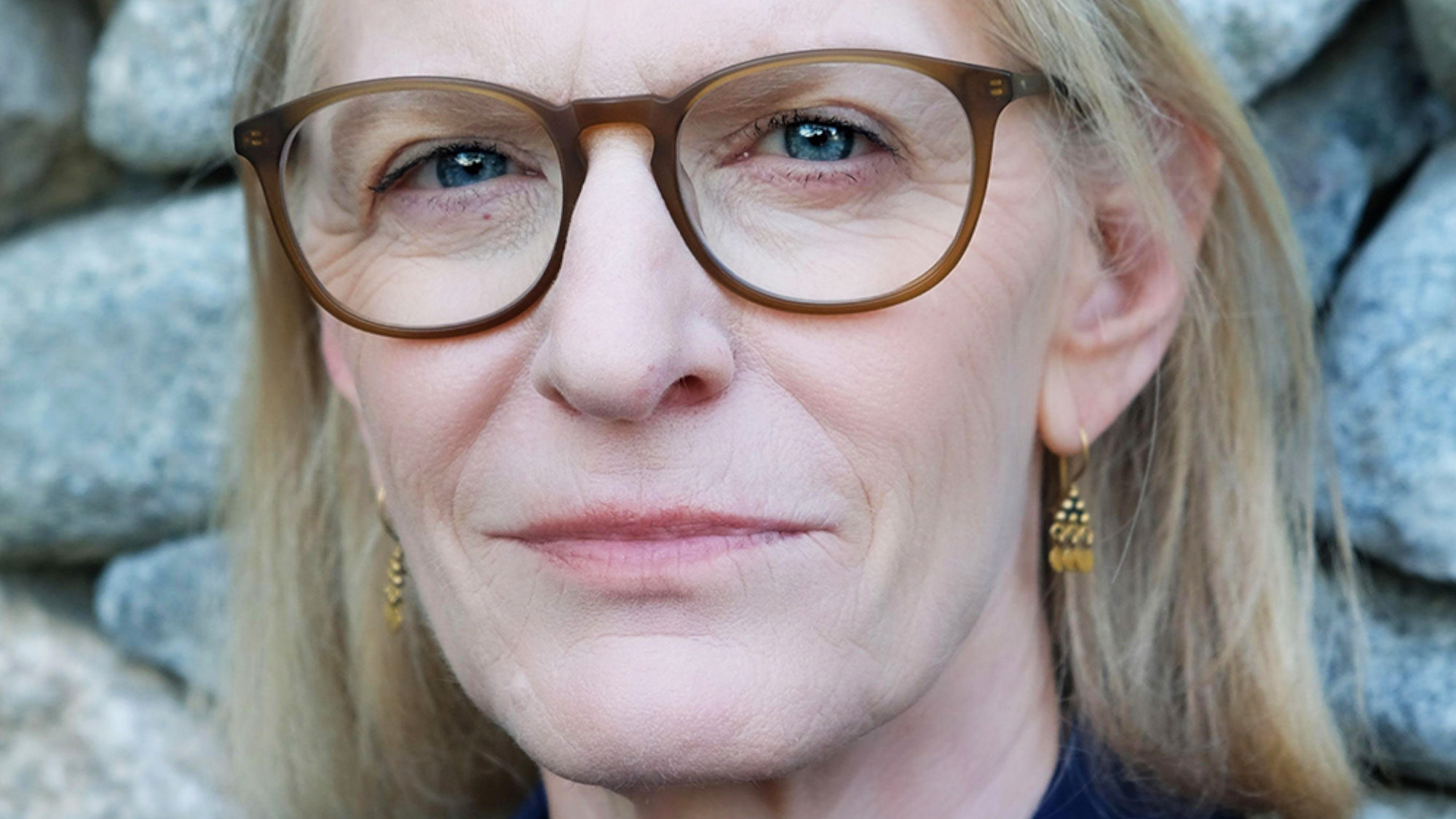 Marisa Silver’s 6 favorite books that capture a lifetime
Marisa Silver’s 6 favorite books that capture a lifetimeFeature The author recommends works by John Williams, Ian McEwan, and more
-
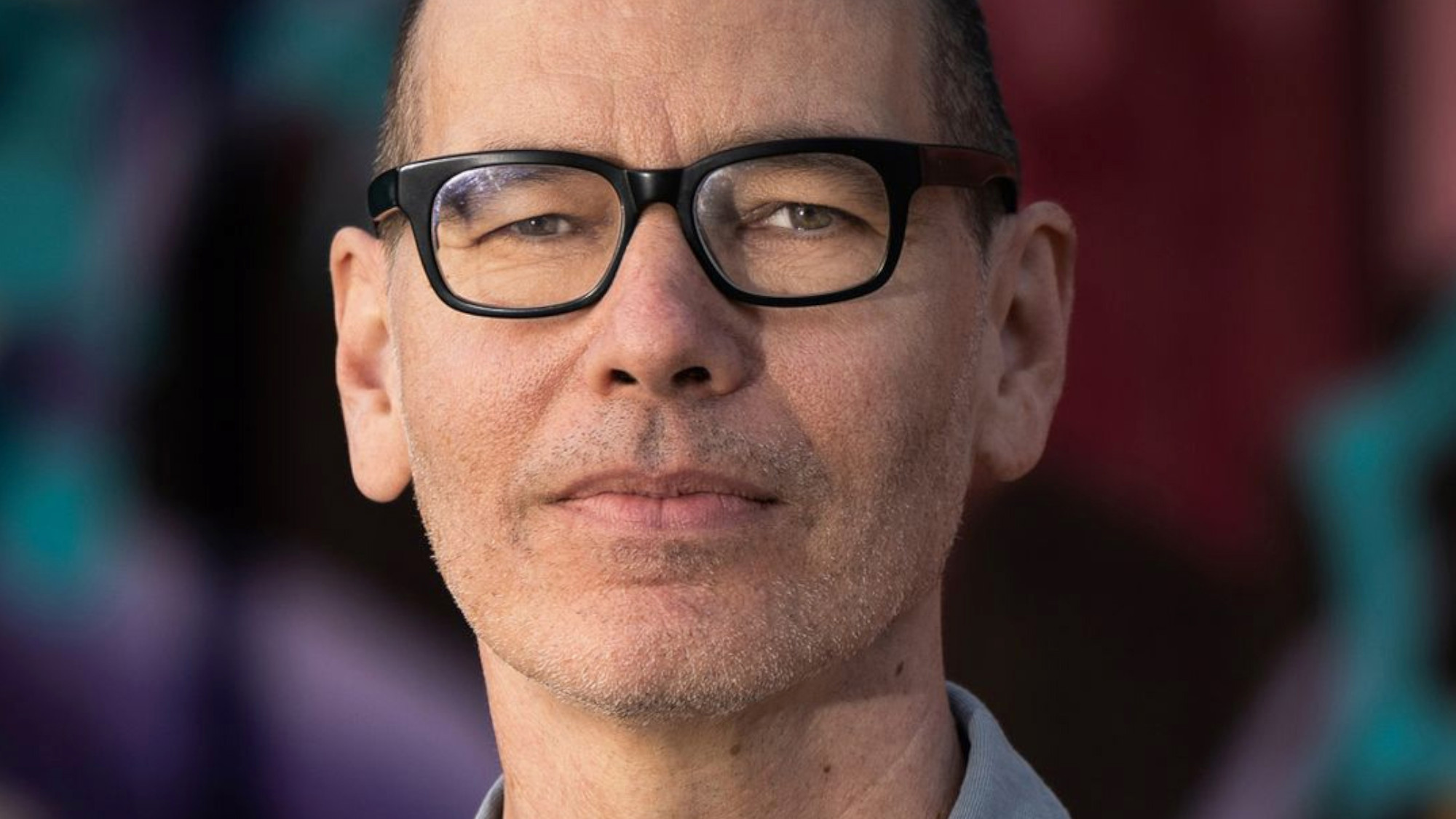 Lou Berney’s 6 favorite books with powerful storytelling
Lou Berney’s 6 favorite books with powerful storytellingFeature The award-winning author recommends works by Dorothy B. Hughes, James McBride, and more
-
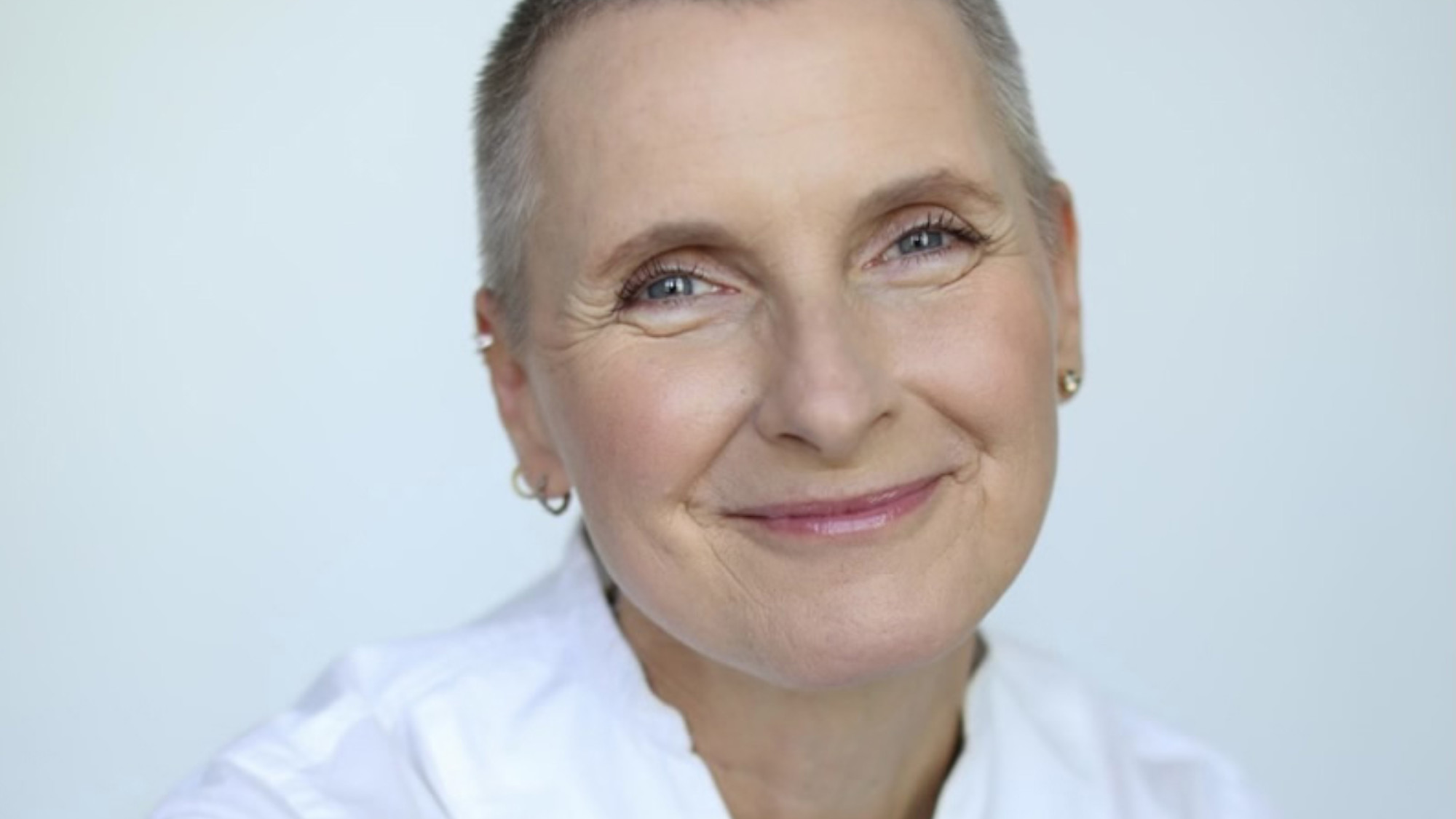 Elizabeth Gilbert’s favorite books about women overcoming difficulties
Elizabeth Gilbert’s favorite books about women overcoming difficultiesFeature The author recommends works by Tove Jansson, Lauren Groff, and more
-
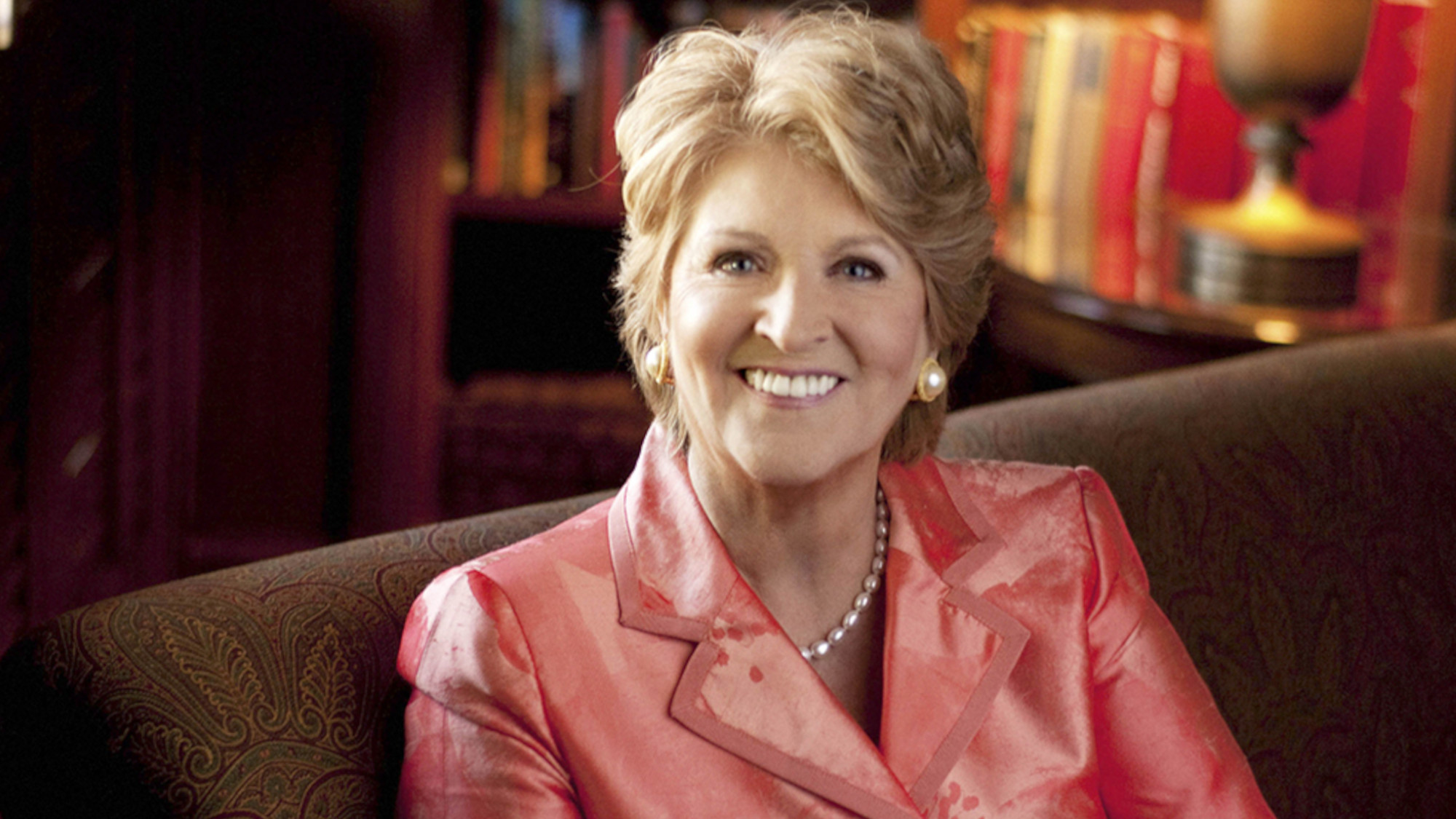 Fannie Flagg’s 6 favorite books that sparked her imagination
Fannie Flagg’s 6 favorite books that sparked her imaginationFeature The author recommends works by Johanna Spyri, John Steinbeck, and more
-
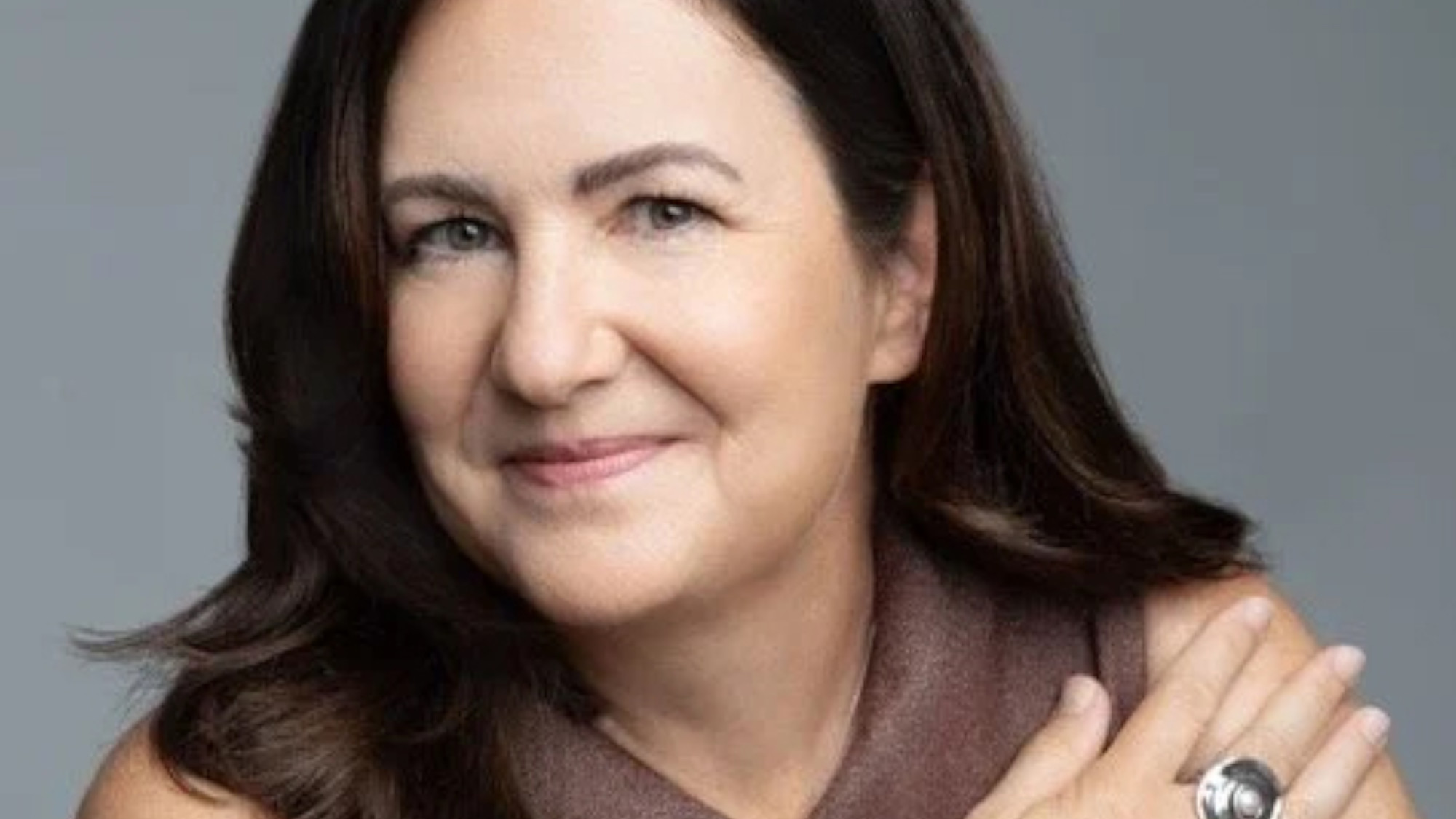 Jessica Francis Kane's 6 favorite books that prove less is more
Jessica Francis Kane's 6 favorite books that prove less is moreFeature The author recommends works by Penelope Fitzgerald, Marie-Helene Bertino, and more